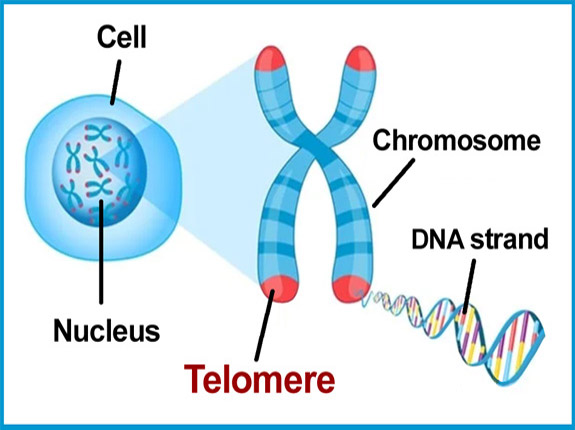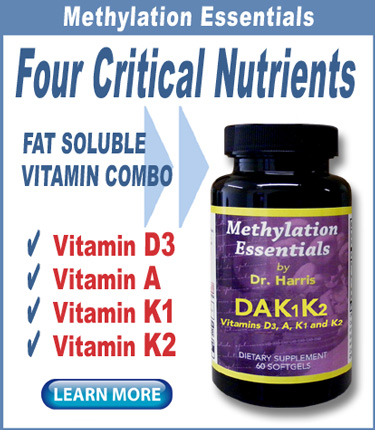According to a new study taking a daily Vitamin D supplement can “reduce aging” by three years.
The researchers based their conclusions on studying how Vitamin D3 helped slow the shortening of telomeres in the human body.
Telomeres are DNA sequences at the end of chromosomes that shorten as cells replicate and age. They do not always correlate with actual chronological age, and instead shorten mainly due to a person’s overall health.
For this reason telomeres are used as a “marker” to determine a person’s health status and life expectancy. Put simply, a person with longer telomeres can expect a longer life.
The good news in the science of telomeres is that the shortening process appears to be modifiable by lifestyle factors. So, knowing the length of telomeres aids health professionals in advising patients on how to improve—such as taking a Vitamin D supplement.
Study details
To conduct the study researchers reviewed data from the Vitamin D and Omega-3 Trial study (also known as the VITAL trial). The VITAL trial followed 25,871 Americans aged 50 and older for five years.
To proceed with the new targeted study researchers at Mass General Brigham and the Medical College of Georgia focused on 1,031 participants included in the larger group who had visited Harvard’s Clinical and Translational Science Center.
These participants were randomly assigned to receive either 2,000 IU of vitamin D3 daily or identical-looking placebo pills. In this kind of “double-blind” study neither the participants or the researchers know what is being administered to whom—a methodology designed to eliminate bias.
Blood samples were collected at the start of the study, after two years, and again at four years to measure telomere length using advanced laboratory techniques.
At the conclusion of the study the participants who took the Vitamin D supplements showed significantly less telomere shortening over four years compared to those taking placebo pills.
Specifically, Vitamin D3 prevented about 140 base pairs of telomere loss. It is this finding that researchers equated to “roughly three years less cellular aging.”
To understand the comparison, the researchers pointed to studies in similar groups of people where tracking showed that telomeres typically shrink by about 460 base pairs over 10 years of life. So, maintaining 140 base pairs over four years would be a substantial improvement when it comes to cellular health.
As crucial as the findings were, the researchers made it clear that their study demonstrated a link, but not proof, that the Vitamin D3 supplementing was directly responsible for slowing the aging process.
“Vitamin D and its receptors play an essential role in aging prevention due to its antiproliferative, anti-inflammatory and apoptotic properties,” the researchers wrote in the study conclusions. “However, the exact underlying mechanisms of preserving telomeres by Vitamin D supplementation are not well understood.”
The study was published in The American Journal of Clinical Nutrition in May 2025.
Biological mechanisms
Some potential mechanisms proposed by the researchers include Vitamin D boosting activity of telomerase, an enzyme responsible for lengthening telomeres.
Data from an earlier double-blind, randomized, and placebo-controlled clinical trial of Vitamin D supplementation (equivalent to approximately 2,000 IU per day) revealed that telomerase activity increased by almost 20% over the course of the 16-week study.
Other telomere-benefitting nutrients
• A 2022 study conducted in Poland at the Institute of Genetics and Animal Biotechnology found Omega-3 supplementing also supported telomere length and life extension.
• Meanwhile, a 2020 study published in the journal Clinical Nutrition found the mineral selenium was responsible for lengthening telomeres and lowering a person’s “biological age.”
– – –
Vitamin D3 can be found in Essential DAK1K2 from Optimal Health Systems. See the banner ad on this page to learn more.
– – –
Sources: The American Journal of Clinical Nutrition (Science Direct), JustAPedia.org (VITAL trial).



